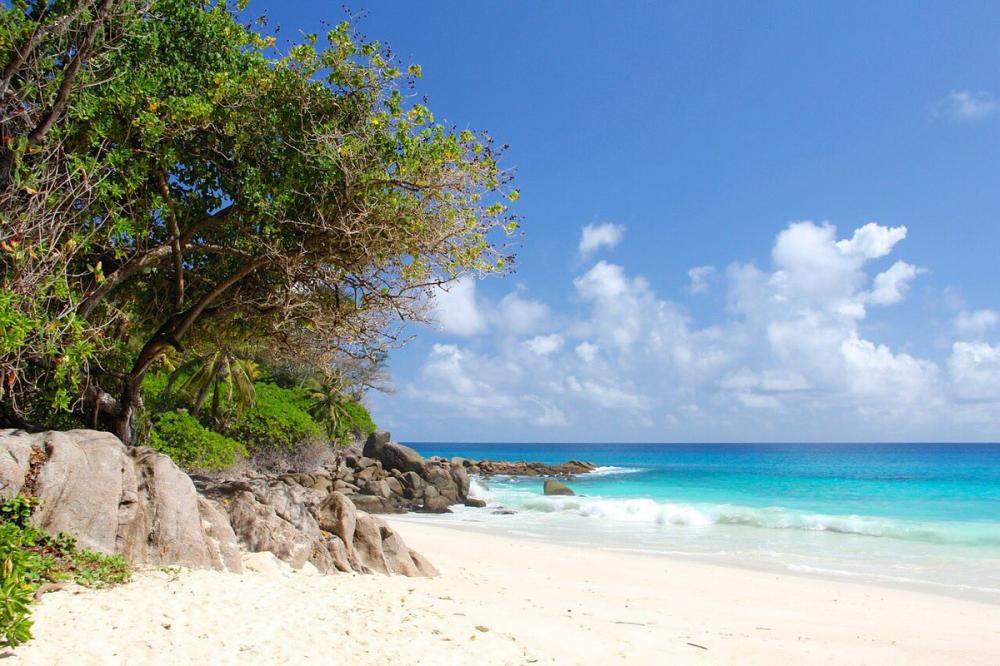Just Earth News | @justearthnews | 10 Jun 2018, 04:16 am Print

Nairobi: On this World Ocean Day, nations are showing an unprecedented commitment to healthy, thriving oceans and seas, free from plastic pollution.
With eight new countries having joined UN Environment’s Clean Seas Campaign in the past week, Clean Seas is now the largest global compact for combatting marine litter, with commitments from 51 nations covering 62% of the world’s coastlines.
India – which joined the campaign on this World Environment Day – made a bold commitment to address plastic pollution upstream by banning all single-use plastics by 2022. They further pledged to address the problem downstream, with the country’s full coastal audit, developed in partnership with the Clean Seas campaign.
Across Nigeria – currently in the top-10 of biggest plastic polluters – 26 major plastic waste recycling plants will be opened as part of the country’s commitment to the campaign. Head of UN Environment Erik Solheim is meeting with the Nigerian government today to discuss the scope of their collaboration with Clean Seas.
Other countries who pledged this week to step up their protection of the ocean and their coastlines include Argentina, Cote d’Ivoire, United Arab Emirates, Honduras, Guyana and Vanuatu.
“There is now more momentum than ever before to beat plastic pollution and protect the oceans that we all share from the tide of disposable plastic,” Erik Solheim, Head of UN Environment said. “Seeing so many countries rise to the occasion by joining the Clean Seas campaign means we are all moving towards healthier oceans that are free from pollution and full of life.”
This week, Heads of State are meeting with the leaders of international organizations at the G7 summit in the coastal province of Quebec, Canada, to discuss far-reaching strategies to address specific challenges for the oceans, including plastic pollution, overfishing, rising sea levels and the resiliency of coastal communities.
More governments than ever are implementing some kind of intervention against single-use plastics – from bans, restrictions and levies on disposable plastic items to the implementation of better recycling facilities and the development of viable alternatives to the most common contributors to marine litter.
On June 5th, UN Environment in collaboration with the Indian Government and the Ministry of Environment, Forest and Climate Change released the report “Single-use Plastics: A roadmap for Sustainability”, outlining the global scope of efforts to beat plastic pollution, providing analyses of case studies from more than 60 countries to present the world’s first comprehensive study of the global movement to beat plastic pollution.
World Oceans Day is celebrated annually on June 8to raise global awareness of the state of the oceans and aquatic life, and advocate for individual and policy action for healthy seas. This year, in line with World Environment Day celebrated on June 5, the theme of World Oceans Day is centered around preventing plastic pollution – 8 million tonnes of which ends up in the world’s ocean’s every year.
Image: UN Environment Twitter page
- Why are scientists warning about surging glaciers? All details inside
- Mass coral bleaching to hit Great Barrier Reef most years, study reveals
- Global water bankruptcy shock: Why the planet’s most precious resource Is collapsing
- Would you pay $1 million to stay on the moon? This company thinks so
- A historic UN deal is about to transform how the world protects its oceans





-1763561110.jpg)
